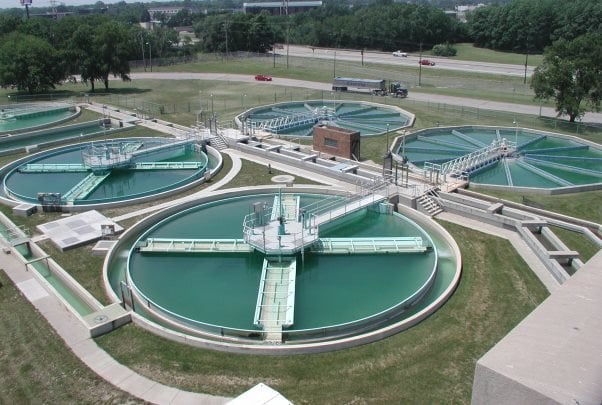Given the important role of water as the most critical need for the life of human beings on the one hand and its shortage in today’s world on the other, there has been a growing need for saving water and finding new ways to treat industrial wastewater.
Supplying and saving water is a highly significant issue which is dealt with today in a number of ways, namely through establishing water treatment plants to treat wells’ water in various rural and urban areas and wastewater of the industrial factories or wastewater treatment systems to treat industrial wastewater with the aim of producing drinking water as the critical energy of life in the world.
Established in 2007, Fardanegar Nanotechnology Payamavaran firm is a knowledge-based company in Iran seriously pursuing the goal of creating new developments in the nanotechnology.
The firm has been mainly focused on finding new ways to treat wastewater. Some of the main achievements of the firm over the past years include creating electro-dialysis technology for removing nitrate and salt from wastewaters, new absorbing methods for removing heavy metals from industrial wastewaters and new electric and chemical combinations through cavizone methods in treating industrial wastewaters.
The main approach in the development of such methods has been built on preserving further water resources at lower costs through new energy-consuming considerations.
For a brief review of Iran’s achievements in various fields of science and technology, check the book “Science and Technology in Iran: A Brief Review”
Therefore, building on the new successful industrial experiences, the firm has unveiled various systems under the brand of PNAqua for treating drinking water and industrial wastewaters.
Among the firm’s achievements, one can also refer to the treatment of the wastewater of an alcohol-making factory in the city of Oroumiyeh in north-west of Iran with a treatment capacity of 120 cubic metres per day. It restores 90 percent of the wastewater for drinking and agricultural uses. It also enjoys a treatment capacity of 100 cubic metre per day for desalination of relatively salty waters.
The company was among the main participants of the 2018 International Nano Exhibition held in October in the capital city of Tehran. The exhibition attracted a large number of leading firms involved in the nanotechnology field from Iran and abroad and displayed their latest achievements in this area.
